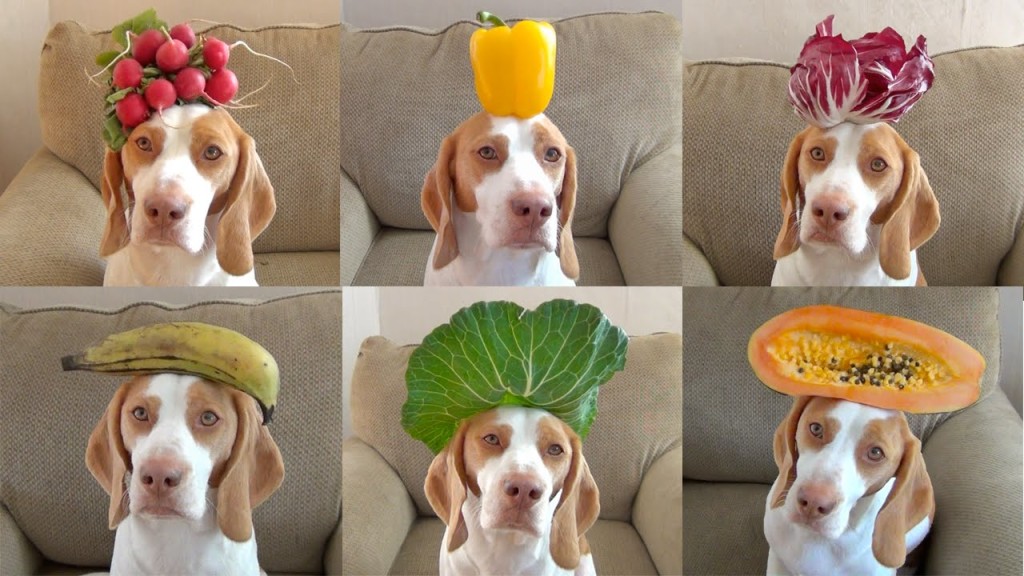Why Pedigree recommends MIXED DIET for Dogs in summers

Considering pets cannot verbally communicate we should ideally be more understanding and receptive to their needs, requirements and health. Over the time people have learnt that homemade food albeit fresh is not a complete & balanced meal for the pet primarily because the nutrition requirements of a pet differ from humans.

In India much like the western countries the focus on pet health & care is growing rapidly. Pets are more often taken to veterinary doctors not just when they are unwell but for overall annual health check-ups. The other big trend that is picked up is on usage of pet food for pet’s meal, pet parents are now more concerned about pet health & use pet food products widely available in the market.
Dr KG Umesh , Waltham Scientifc Communication Manager, Mars India suggests that mixing wet and dry foods in a well-planned diet provides better control over weight gain and has better advantages as below than feeding either only wet or dry pet foods
- Homemade diets (eg., Curds sand Rice) contain more water ( 60- 80 %) but NOT adequate levels of Energy, Vitamins, Minerals your pet needs.
- Too much energy in the home made diet can cause pets to become overweight and Poor quality feces. Feeding Pedigree dry/wet mix helps your dog to avoid surplus calories in its diet whilst ensuring complete nutrition.
- Don’t just think of meats as an excellent protein source: they can cause all meat syndrome if fed alone causing bone problems in addition to unacceptable smell of stools.
- Your dog needs a diet which delivers his entire daily iron requirement. You could give him half a kilo of spinach every day: alternatively feeding him on Pedigree pouch can/will ensure he gets all the iron he needs.
- Cooking or preparing Mutton/Lamb meat or chicken for your dog requires right temperature balancing safety and nutrition. Meat/Ingredients is either overcooked or undercooked in our traditional cooking practices in India.
- A study has been performed which shows that a typical home prepared food for adult dogs in India was deficient in calcium, potassium, vitamin D and vitamin E according to NRC guidelines.
- Mixed food feeding may be beneficial to dogs which like variety.
- Mixed food feeding in early life may help dogs become more accepting of different formats in later life.
- Mixed food feeding benefits urinary tract health in small breed dogs. Feeding 25% of the daily calories as wet food may reduce the risk of calcium oxalate stone formation in small breed dogs.
- Mixed feeding may allow a greater variety of feeding behaviour.
- Wet food can be warmed up on a cold day / if dog is ill / for a change.
- It is easier to administer capsules / supplements to wet food than dry. Wet food is seen as a traditional pet food.
Advantages of Mixed Food Feeding for Dogs
- More preparation – the owner has to think more about their dog’s diet / meal. Owner feels good about having to prepare the dinner for the dog.
- Your pet is unlikely to refuse dry pet food when topped with wet dog food.
- There is a lot more variety in terms of format, texture and flavour.
- All advantages of dry and wet food – good oral health, palatable and good for urinary tract health.
- Potentially reduced risk of over feeding.
- Tasty meal for big dogs with a little bit of wet food.
- Feeding one format may encourage the dog to eat the other, i.e. if dog doesn’t like dry food, you can add wet to encourage the dog to eat the dry food.
- Mixed feeding may be perceived as feeding a more complete and balanced diet by the owner.
- Mixed food may encourage the dog to eat more slowly.
- Provides more choice for the dog – does he pick the kibbles out and then eat the wet food?
- Increases the water content of dry food.
Dr Kallahalli Umesh is the Director of Scientific affairs, Mars Inc., the parent company of premium Pet Food brands, Pedigree, Royal Canin and Whiskas in India. He initiated the Mars Continuing Veterinary Professional Development (MCVPD) educational program which is the first of its kind that provides small animal Clinicians, expert clinical education, hands-on labs and workshops.

![]() +91-8744012053
+91-8744012053
.png)


![]() +91-8744012053
+91-8744012053
.png)

